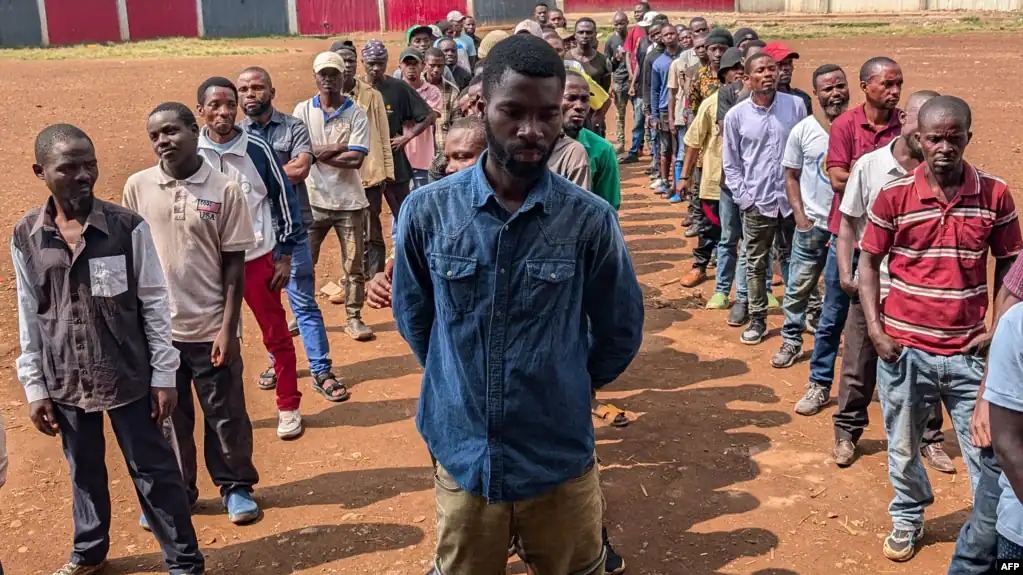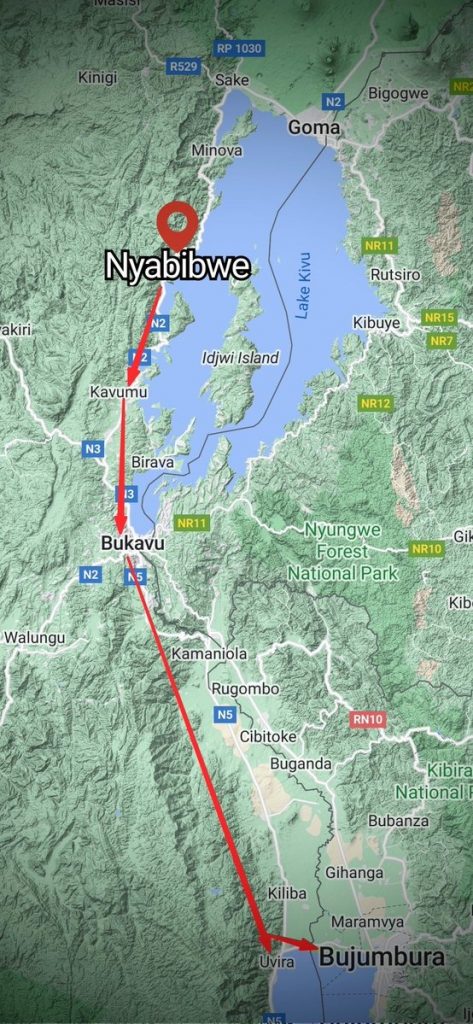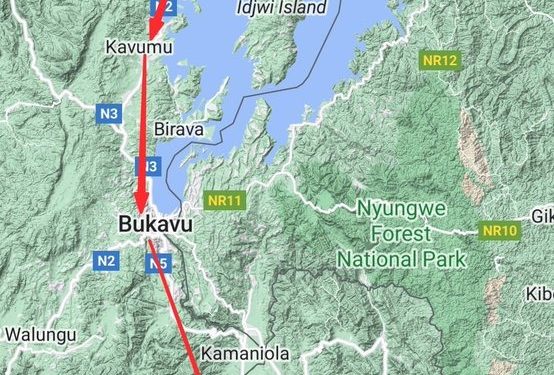The United Nations’ peacekeeping chief, Jean Pierre Lacroix, warned on Friday that M23 rebels are advancing south toward Bukavu, the capital of South Kivu province, after capturing Goma earlier this week.
“The information I have is that M23/RDF are about 60 kilometers north of Bukavu and moving quickly,” Lacroix told reporters, referring to the rebels backed by the Rwandan Defense Forces. He noted that the Kavumu airport, located just a few kilometers south of the rebels’ position, could be their next strategic target.
Congolese military bases in Bukavu were emptied on Thursday as troops were redeployed to strengthen defenses along the route to the city. Meanwhile, local authorities have been recruiting civilians to help protect Bukavu, according to Reuters.

Rwanda has not yet responded to requests for comment on the latest military developments.
M23 rebels, who recently broke a ceasefire agreement with the Congolese government, have occupied schools and hospitals in captured areas, including the key trading town of Minova, the U.N. human rights office reported. The rebels have also expelled displaced persons from camps and forced locals into labor and combat roles.
The U.N., which withdrew its peacekeeping mission from Bukavu in June as part of a gradual drawdown, urges diplomatic efforts to de-escalate the crisis.
In Goma, the capital of North Kivu province, tensions remain high despite some restoration of basic services. The city’s airport remains non-operational due to severe runway damage.

According to U.N. reports, at least 700 people have been killed between Sunday and Thursday, with another 2,800 wounded receiving treatment. These figures are expected to rise as more information becomes available.
The International Organization for Migration estimates that 300,000 displaced people had been sheltering in sites around Goma, most of which are now abandoned as civilians flee the conflict. The displaced urgently need food, shelter, clean water, medical care, and protection.
Before this latest escalation, eastern Congo was already experiencing one of the world’s most severe humanitarian crises, with nearly 6.5 million people displaced due to ongoing armed conflicts over the region’s valuable mineral resources.









